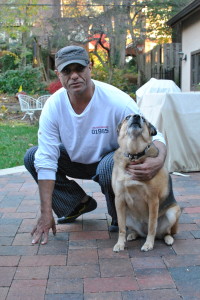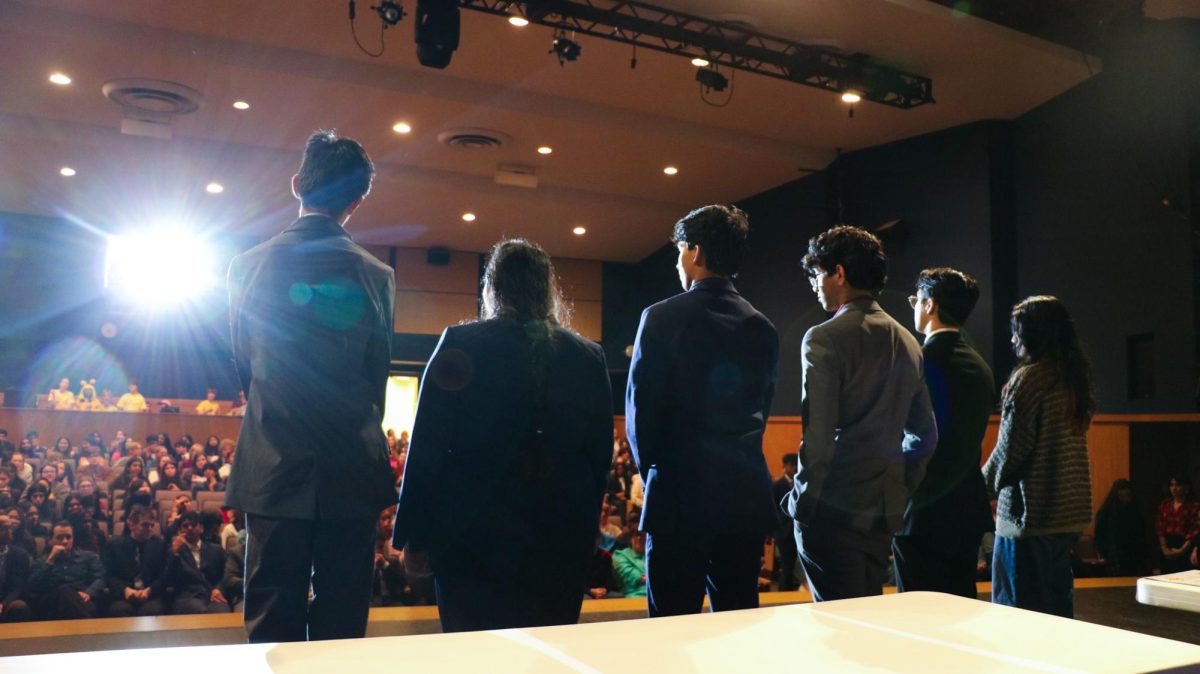
Jasvindar Singh was born on sugarcane farm in Fiji. Â From a young age, he helped his family grow and harvest the sugarcane crop while attending school. Â His uncle would often visit them and play chess with his brothers, but when Jasvindar asked to play with them, his brothers refused. Â Indignant, he began to teach himself how to play .
After high school, Jasvindar began studying medicine at university while playing chess in tournaments and competitions. Â In 1986, the first year that Figi competed in the chess olympiad, Singh was one of four of his countrymen invited to compete. Â He won seven of his twelve games, a success rate that qualified him for an international ranking. Â He was the first person from the South Pacific to do so.
After completing medical school and a clinical residency in Fiji, Singh continued to play at the 1988 and 1990 chess olympiads. Â He was the Fijian national champion for seven consecutive years.
However, when Singh moved to the United States to find a medical specialty, he had to choose one of his two passions: chess or medicine. Â Aware that it was impossible to do both at a high level, he chose medicine.
Singh, now a full time cardiologist at Barnes Hospital, is just one of the Globe’s ten most influential people in Clayton.  For this issue’s cover story, we wanted to tell the stories of local residents whose dedication and success have made them leaders of the Clayton community.
But this mission begs the question: what exactly qualifies a leader?
Oftentimes, the answer to this question seems obvious. Â Â Our leaders are the Senators and Representitives on Capitol Hill, the fiery politicians whose impassioned debates dominate the airwaves.
Or our leaders are the media giants, the photogenic and persuasive stars who give us the news, entertain us and console us from the warm pixelated glow of the TV screen.
But this popular definition of leadership is contingent upon one misconception that is overly common in our hyperconnected world: the idea that exposure implies influence.
Sadly, fame is often mistaken for value.  Celebrities like the Kardashians or Paris Hilton may be nationally known, but that doesn’t make them trend-setters.  Just because every detail of their lives is publicly broadcasted does not mean that they are qualified to influence ours.
That’s why we must exercise caution when looking up to our politicians or celebrities as torchbearers of our society: their voice may be louder than ours but that doesn’t make their words worth listening to.
Instead, the Globe staff looked to tell the story of Clayton’s subtler heroes, our everyday residents whose influence comes not from the degree of their fame but from the quality of their work.
We interviewed district superintendent Sharmon Wilkinson and chef Gerard Craft, professional violinist Dana Myers and city manager Craig Owens. Â Each of these leaders have dedicated their lives to enriching the community that surrounds them.
Their success can’t be measured in personal accolades, rather, it is the vibrancy of the Clayton community that gives testament to their lasting influence.
When Dr. Jasvindar Singh walks down the streets of Clayton he sees the faces of people whom he operated on, and whose lives he may have saved. In a small town like Clayton, its an immediate reward of the work he does every day.
In addition, it serves as a reminder of Singh’s decision between his two passion of chess and medicine.  Singh chose medicine and, like the rest of our leaders, dedicated himself to making his community a better place. Ultimately it is that selfless decision that makes someone a leader.






